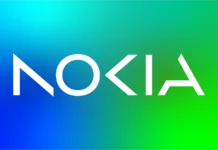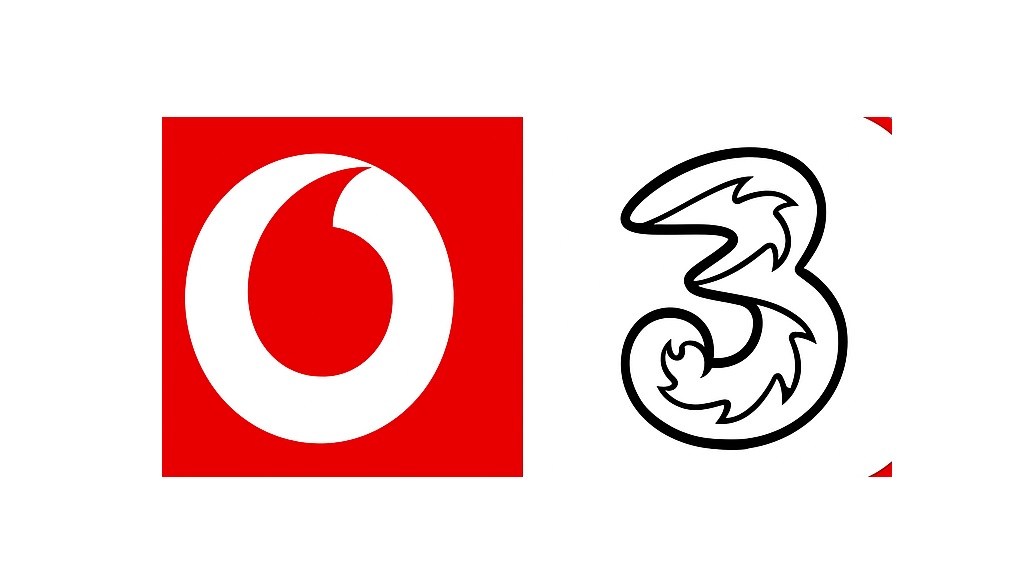Vodafone, along with Three UK, has gone on to officially complete their £16.5 billion merger, thereby creating the largest mobile network in the UK with over 27 million subscribers. The combined entity is called VodafoneThree, which goes on to mark the biggest shakeup ever within the British telecom sector in years. It decreases the number of major network operators from 4 to 3, which includes Vodafone Three itself, BT/EE, and Virgin Media O2. As part of this deal, Vodafone has gone on to pledge more than £1 billion in network investments in the next year. There is another £1.3 billion when it comes to capital expenditure projects, which happens to be in addition to this.
According to Margherita Della Valle, who happens to be the group chief executive of Vodafone, this merger is going to create a fresh force within UK Mobiles and transform the nation’s digital infrastructure and even propel the UK to the forefront as far as European connectivity is concerned.
She added that they are now looking forward to kicking off the network build and also bringing customers greater coverage rapidly along with a superior quality of network. This transaction goes on to complete the molding of Vodafone in Europe by following a period of transition, and hence they are now well positioned when it comes to the growth ahead.
It is well to be noted that the new company is going to invest £11 billion in the next decade in order to elevate 5G rollout and also boost the coverage across the nation, which is going to be in sync with the commitments that have been made to the competition watchdog in the UK.
The merger, which is largest mobile network in the UK was originally announced in 2023, brings together the third and fourth largest mobile operators within the UK by combining their infrastructure and resources in order to compete in a more aggressive way within the fast-evolving market of telecom. There are industry analysts who see this move as a very bold step when it comes to improving the connectivity as well as speeding up the 5G operations throughout the UK. Although there are concerns that are raised when it comes to reduced competition and the pricing part to remain under regulatory watch.
According to the principal analyst at Cavell, who posted on LinkedIn, there is still a long way to go before VodafoneThree is going to operate as one group – the closing of the deal is just the first stage, as there is going to be a long journey when it comes to internal integration and also certain product perspectives.
He added that Vodafone has been more active when it comes to the business side, and this partnership with RingCentral as well as Microsoft gives them a very robust position within the UK market with certain market-leading products. It is interesting to see what the three-part brings to this portfolio from a GTM as well as a portfolio point of perspective.
Is 5G, as well as network investment, a real boom when it comes to UC capabilities?
The commitment of VodafoneThree to invest $11 billion in the next decade, which includes $1 billion in the year to come, is indeed a very robust signal of intent. With capital expenditures that are directed to a 5G rollout and enhanced coverage, the UC industry is indeed going to benefit in many ways.
- The mobile UC solutions are going to become more dependable as well as competitive, especially when it comes to remote as well as hybrid workforces.
- Low latency along with high bandwidth connections will help in better performance as far as real-time communication tools are concerned, such as VoIP, video conferencing, and collaboration applications.
- Edge computing as well as AI-driven UC features, right from smart call routing to real-time translation, are going to have the infrastructure that is required in order to flourish.
- When it comes to the UC providers, this is indeed going to be a turning point in their transition to highly differentiated and value-added services.
Does this mean that fewer players lead to bigger stakes?
It is well to be noted that the UK now enters an era with only three major mobile network operators, which are going to be VodafoneThree, BT/EE, and Virgin Media O2. This kind of consolidation could have certain profound implications when it comes to innovation, competition, and pricing throughout the UC stack.
When it comes to UC perspective, a few larger carriers could mean –
- Faster rollout as far as integrated solutions are concerned, especially mobile-first offerings
- Greater standardization when it comes to services for a wider geographic footprint
- Pressure when it comes to smaller resellers as well as UC providers to either sync with major carriers or risk their marginalization.
Although the competition concerns look valid, especially when it comes to a pricing perspective, this kind of consolidation could as well drive a more aggressive investment when it comes to advanced UC capabilities as well as infrastructure.
The advantages of Vodafone and the unknowns of Three Serious
The existing partnership of Vodafone with Microsoft as well as RingCentral goes on to position it as a frontrunner when it comes to the UCaaS as well as CPaaS spectrum.
This kind of strategic alignment with these platforms goes on to give VodafoneThree the capabilities to roll out deeply integrated solutions, which seamlessly go on to combine collaboration, mobiles, and communication services.
But it still remains clear what this acquisition of Three is going to bring to the table when it comes to go-to-market strategy as well as product synergy. This kind of integration phase goes on to present an opportunity as well as a challenge.
Opportunity is using the enterprise muscle of Vodafone in order to expand the retail-centric base of Three into a much more advanced UC service specifically for mid-markets as well as SME businesses.
The challenges are, of course, the cultures, syncing the legacy systems, and the product portfolio with the companies.
What are the strategic implications when it comes to UC providers?
As VodafoneThree looks forward to integrating its journey, there are numerous key themes that are going to shape its effect as far as the sector is concerned.
- Bundled services – VodafoneThree is indeed well positioned now in order to roll out end-to-end bundles like Mobiles, UCaaS, security, and internet, which could as well challenge the standalone players.
- The realignment of channels – There are potential shifts within partner programmes which are going to need UC vendors to reevaluate their channel strategies in order to accommodate the fresh telecom landscape.
- The regulatory oversight – The customer protection is going to remain a challenge. A decreased number of carriers could as well mean pushing regulators in order to make sure of fair access when it comes to third-party UC providers.
- The innovation cycles – A rapid rollout of 5G could speed up product development in areas like mobile-first workflows and AR/VR meetings, as well as integrated AI assistance.
Is this going to be a double-edged sword for UC?
This major is not just the UK mobile sector getting reshaped; it is indeed a big moment for the unified communications industry. For executives as well as IT leaders, this promise of better coverage, simplified collaboration, and more tightly integrated UC tools is indeed compelling.
When it comes to MSPs as well as vendors, this consolidation goes on to present competitive threats as well as fresh collaboration opportunities. The real test is indeed going to be the execution as to how quickly as well as effectively VodafoneThree can balance its platforms and bring an innovative and coherent solution to the market.
The fact is that unified communications in the UK has indeed got a new heavyweight contender with this largest mobile network in the UK.




















